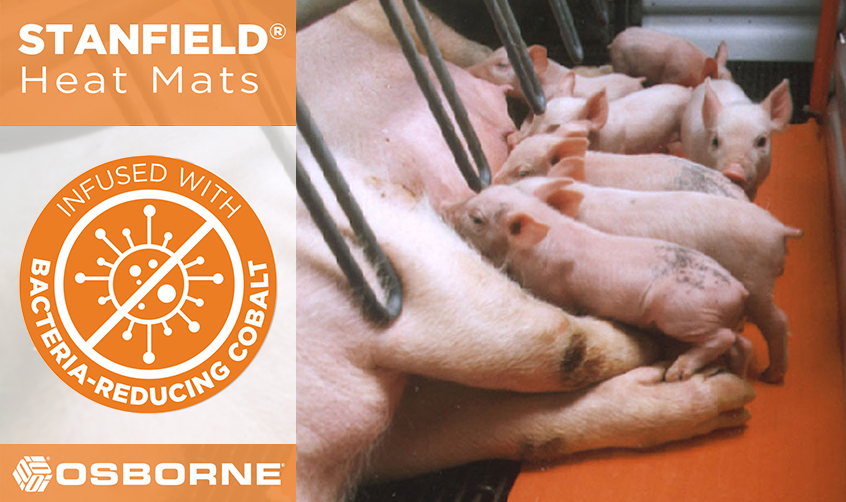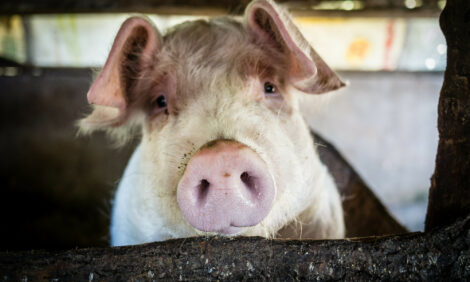



Speaker Backs Video at Livestock Operations
US - Live video feeds of a livestock operation may seem like a far-fetched idea to gain the confidence of consumers and retailers.But animal science expert Temple Grandin says that if that's what it takes, it's worth the effort, according to Fresnobee.com.
Professor Grandin, who spoke yesterday at Fresno State to more than 500 students, community members and faculty, is a professor of animal science at Colorado State University who is recognized throughout the world as one of the leaders in humane animal handling practices.
She says animal welfare is of growing importance to retailers and major chain restaurants, such as McDonald's.
Animal rights activists are using the Internet to post videos of livestock animals being mistreated and abused. And while she finds those practices to be horrible, Professor Grandin said farmers need to do a better job of communicating with the public about their animal handling practices.
Many in the audience agreed.
"We need to own up to anything that we do that is wrong," said Jon Dolieslager, an auctioneer at the Tulare County Stockyard in Dinuba. "But a lot of what we do is right, and people need to know that."
Michelle Ganci, a poultry instructor at Fresno State, said Professor Grandin's suggestion of live video feeds is not that far-fetched. She said a move is in the works to create such a system at an egg-laying operation in California.
Ms Ganci said Grandin has had a profound impact on animal handling practices across the country.
Professor Grandin has helped livestock operators understand that animals that are stressed and fearful have smaller weight gains, more illness and lower reproduction rates.
"Good stockmanship really does pay," Professor Grandin said.
Although Professor Grandin's role as a livestock expert is well-known in the industry, she is gaining a wider audience thanks to a recent HBO biography that showed how her autism shaped her path to studying animal behavior.
Over the years, Professor Grandin, 62, has designed many livestock holding facilities in the United States, Canada, Europe, Mexico, Australia and New Zealand.










